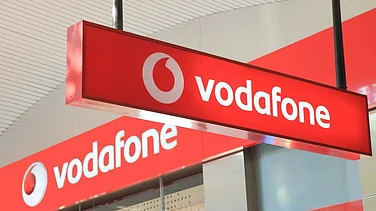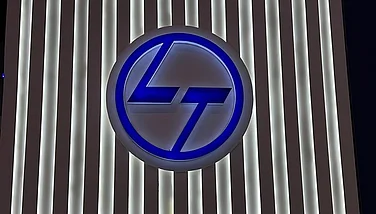Amid China’s restrictions on the export of rare earth metals, production of Apple AirPods is currently facing a setback at Foxconn’s Telangana plant due to the shortage of dysprosium, an element used for its strong magnetic properties.
Located near Hyderabad, he Foxconn Interconnect Technology (FIT) factory is a core subsidiary of Taiwanese multinational electronics contract manufacturer, Hon Hai Technology Group (Foxconn).
As a part of Apple’s broader strategy to diversify manufacturing from China, the contract manufacturer for Apple began making AirPods at the India plant in April last year.
These earbuds contain neodymium and dysprosium, among other rare earth metals. Used to make permanent magnets, these heavy rare earth elements are produced in China and some other parts of the world.
One of the people aware of the matter told the Economic Times that Foxconn informed the Telangana government about the supply issue. Following the same, the government raised the matter with the Department for Promotion of Industry and Internal Trade (DPIIT). “Foxconn has sought the state government’s help to get the end user certificate (EUC) certified and attested by central ministries,” the person cited above said.
The EUC verifies the recipient and intended use of goods, notably the ones with a potential for misuse or diversion. Speaking to ET, another person aware of the matter said, “Foxconn got the end user certificate from the ministry of external affairs and the Chinese embassy, as part of the process.” He further said, “After that, Foxconn’s supplier submitted it for approval (of dysprosium exports) to the Chinese government. But it is still pending, and the (Chinese) government has not given approval yet. Once that is done, the supplier will export the rare earth metal.”
However, when asked regarding the same issue, Foxconn said that it has no comment on the issue and added, “There is no disruption to production.” Meanwhile, Apple did not respond to media queries.
Foxconn and Tata Electronics are Apple’s major suppliers in India and the former is also Apple’s biggest contract maker globally.
Commenting on the ongoing issue, an industry official said, “There was indeed some slowdown in production at the Foxconn AirPods plant, but it seems to have improved now.” He added, “The supply chain for the metal is a bit longer, but the company is managing the situation now.”
Meanwhile, the Foxconn logistics team is expecting approval by the end of this month, the second person quoted above said. “The stipulated time frame from the date of application for approval is 45-50 days. Foxconn is working with whatever rare earth metals and dysprosium are already available with them to extend the product cycle before they get the additional material,” the person added.
China has placed seven categories of medium and heavy rare earths on the export control list in response to US President Donald Trump’s tariff threats. These elements include samarium, gadolinium, terbium, dysprosium, lutetium, scandium and yttrium-related items.
Earlier this month, it was also reported that Foxconn has called back over 300 Chinese engineers, from its Indian iPhone manufacturing plants. In addition, experts noted that while Taiwanese professionals can possibly replace Chinese engineers, the bigger concern still lies with machinery and metals. Curbs on those make it harder to sustain operations, they mentioned.






























